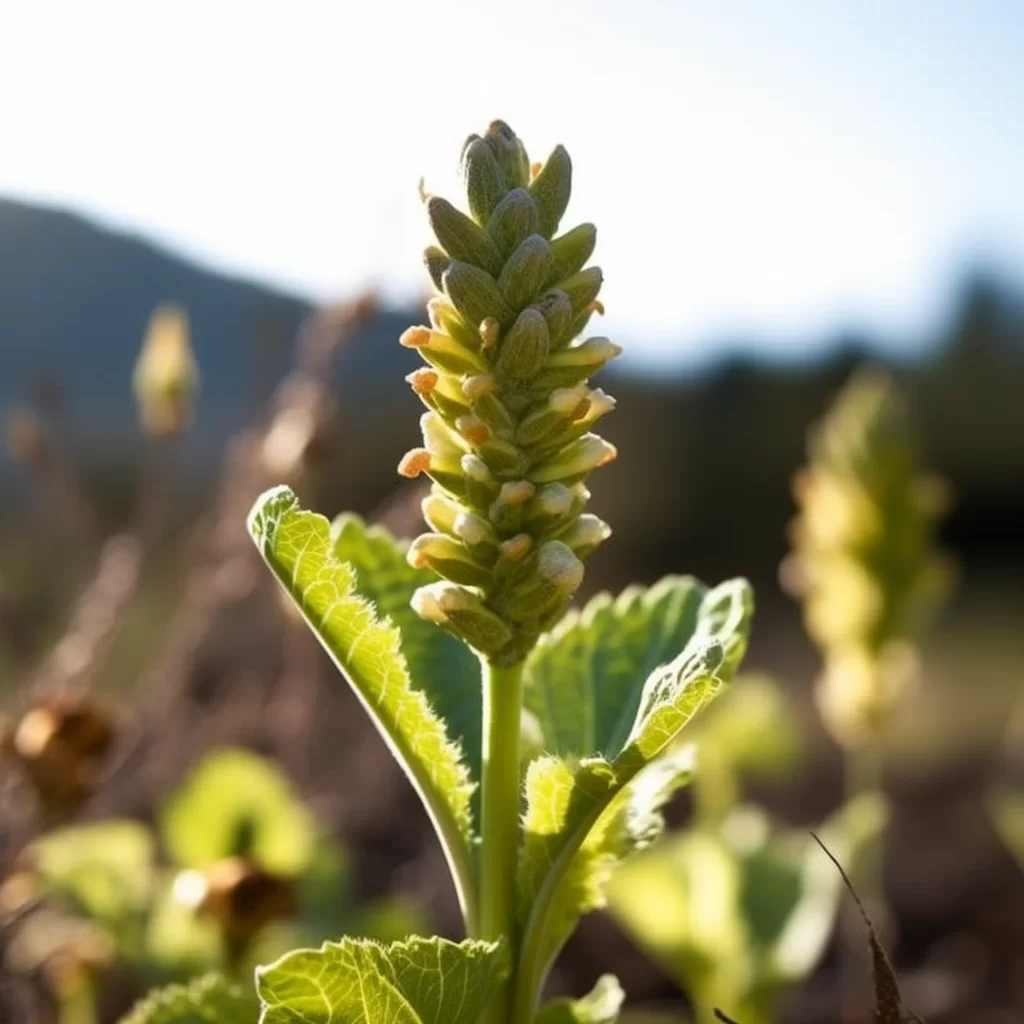Story of Day :
Contents
The Complete Guide and Care Tips for Sunchokes: The Unusual Superfood
If you are looking to add something unique to your garden, consider planting sunchoke plants.
Also known as Jerusalem artichokes, this tuberous vegetable is a member of the sunflower family and can reach heights of up to 10 feet tall.
Not only do they add height and visual interest to your garden, but they also produce delicious edible tubers that are packed with nutrients.
What Are Sunchokes?
Sunchokes are native to North America and were cultivated by Native Americans for centuries before European settlers arrived.
They have a nutty flavor similar to artichoke hearts or water chestnuts, which makes them a versatile ingredient in the kitchen.
They can be eaten raw or cooked and used in soups, stews, salads, or roasted as a side dish.
How To Plant Sunchokes

- Choose Your Location: Sunchokes prefer full sun but will tolerate partial shade.
Choose an area with well-draining soil that is rich in organic matter.
- Planting Time: In most regions of North America, sunchokes can be planted in the early spring when the ground has thawed and temperatures have begun to warm up.
- Sowing Method: Plant sunchokes using tubers rather than seeds since they produce better results this way.
Simply bury the tuber about 4 inches deep with its bumpy side facing upwards (if there’s any doubt about which end should face up).
Space each plant at least 12 inches apart since they can easily spread out extensively over time.
- Maintenance: Water the plants regularly, especially during dry spells.
They are relatively low-maintenance plants and will only need occasional fertilizing with a balanced fertilizer.
Harvesting Sunchokes
Sunchokes are ready to harvest in the fall, usually around October.
You can dig them up as you need them or store them for later use.
- Harvest Tips: Use a garden fork to gently loosen the soil around each plant, then carefully lift out the tubers from the ground.
Be careful not to damage any of the tubers while digging since they break easily.
- Storage Tips: Store sunchokes in a cool, dark place where they can keep well for several weeks or even months if kept at 34°F-38°F (1°C-3°C) with high humidity (90%).
However it’s important that you don’t wash your sunchokes immediately after harvesting: simply brush off any dirt and let them air-dry before storing away in paper bags or baskets lined with newspaper.
The reason being that washing can stimulate their natural sprouting process which will limit their storage life.

Sunchoke Care Tips
- Irrigation: Regular watering is necessary for healthy growth throughout its development stage but avoid over-watering since this may cause root rot issues over time.
- Fertilizer: Apply an all-purpose vegetable fertilizer every couple of weeks during growing season right until frost sets in.
Avoid high-nitrogen fertilizers since they tend to produce lanky green growth instead of sturdy stems and bushy foliage full of flowers..
- Pests & Diseases: Sunchoke plants are relatively resistant to pests and diseases.
However, be on the lookout for aphids or powdery mildew in humid conditions.
If necessary, treat with insecticidal soap or a fungicide.
- Pruning: Sunchoke plants usually don’t need pruning but if you notice any dead or diseased stems, it’s important that you trim them off as soon as possible to prevent spread of disease and encourage healthy plant growth.
Benefits of Sunchokes
Sunchokes have many health benefits due to their high nutrient content.
They are an excellent source of potassium, iron, and thiamin (vitamin B1).
They also contain a type of carbohydrate called inulin which acts as a prebiotic that nourishes the gut microflora promoting good digestive health.
Furthermore they have low glycemic load making them ideal for diabetics since they do not release sugar into the bloodstream quickly.

Conclusion
If you’re looking for something unique to add to your garden this year that can also provide delicious, healthy tubers with numerous health benefits then sunchoke plants are definitely worth considering.. Just remember that sunchokes are prolific growers so plant them where there is plenty of space for expansion over time: regularly checking on their growth progress throughout summer season will help catch any issues early before they get out-of-hand.